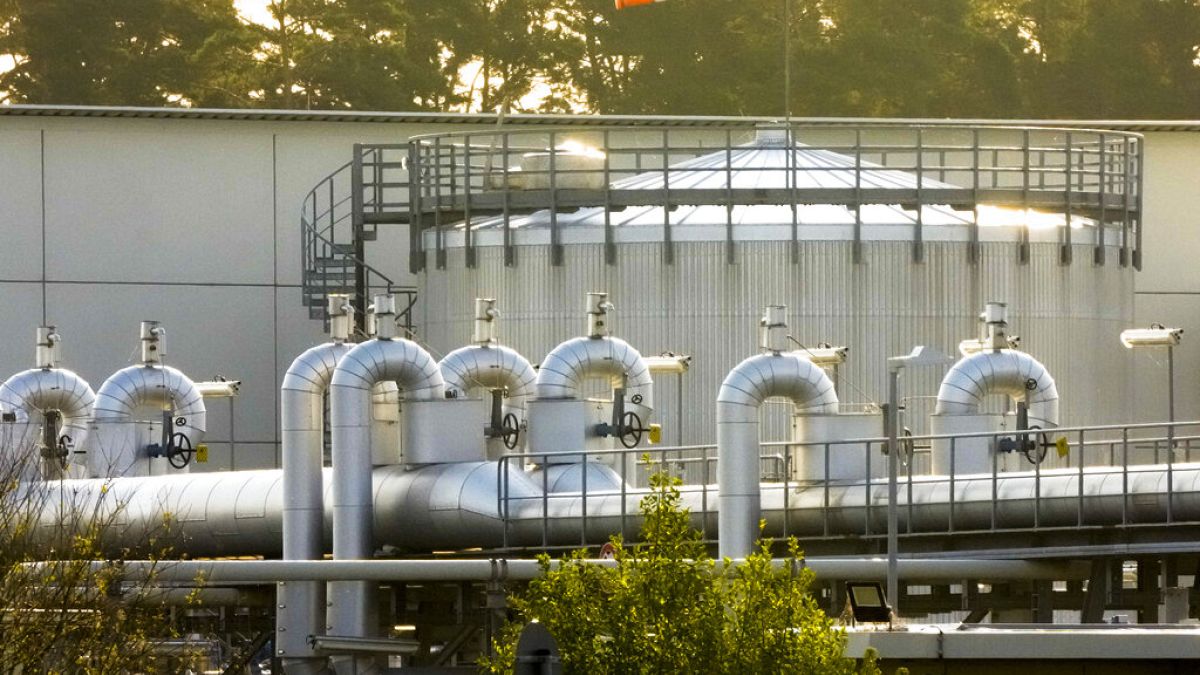Russia’s Share in EU Natural Gas Imports to Decrease Further

Natural gas prices fell 5.3% month-on-month in June of this year, according to Galt&Taggart’s Commodity Market Review, which noted that despite the price decline, several important political events took place in the sector during the month.
The study explains that “Russia’s share in EU natural gas imports may further decrease.” In particular, the five-year Russia-Ukraine agreement on gas transit expires at the end of this year.
“According to the statements, neither Ukraine nor the European Union is interested in extending the contract. It should be noted that Ukraine has already signed an LNG purchase agreement with an American company. Along with the emergence of a new source of supply for Ukraine, the agreement contributes to the energy security of Eastern Europe,” the research notes.
Here we read that after losing the EU market, Russia is still having trouble finding a stable and large customer.
“The final agreement with China on the Power of Siberia 2 project is still too early. Additionally, the EU prohibits the re-export of Russian liquefied natural gas (LNG) from its territory. Although this trade accounted for a small share of Russian LNG exports, the ban would still weaken ties to some markets. To avoid sanctions, Russia is trying to create a shadow fleet of natural gas. A similar maneuver has been used for oil transportation before, but it will be relatively difficult in the case of LNG. First, LNG carriers are much smaller than the number of oil tankers. In addition, it is possible to transfer oil from one tanker to another in the middle of the ocean, which makes it easier to hide its origin. In the case of LNG, the same process is almost impossible,” we read in the review of the raw material market.

